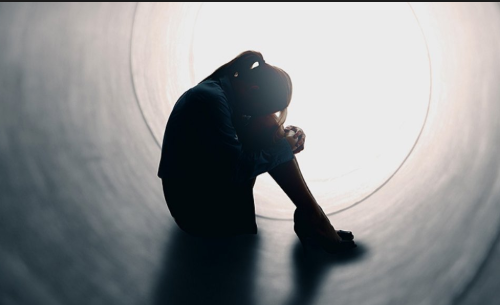×
The Standard e-Paper
Home To Bold Columnists

Many were shocked recently by the news of the death of Owen Macharia, a marketing graduate who locked himself in a room, drank a poison concoction and then hanged himself with his belt.